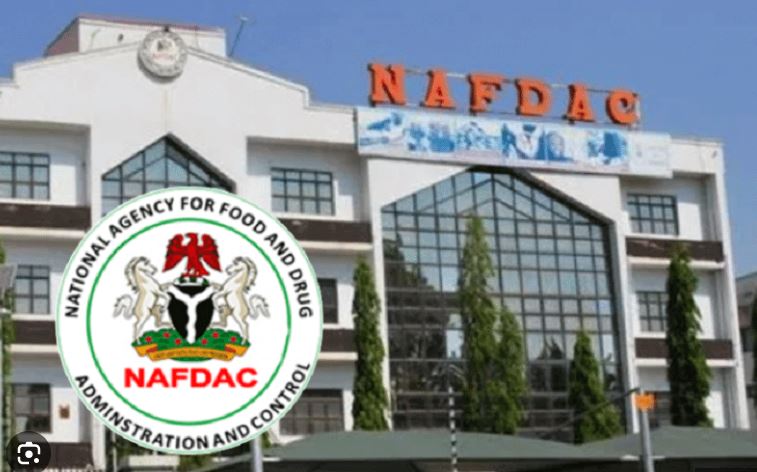The National Agency for Food and Drug Administration and Control (NAFDAC) has partnered with the Nigeria Natural Medicine Development Agency (NNMDA) to develop herbal medicines that meet global standards of safety and efficacy.
This was contained in a statement by NAFDAC’s Resident Media Consultant, Mr Olusayo Akintola.
NAFDAC Director-General, Prof Mojisola Adeyeye, said Nigerian herbal medicine practitioners possess the capacity to formulate safe and effective indigenous natural remedies that meet international benchmarks.
She explained that NAFDAC grants two types of approvals for herbal medicines. The first is a “listing” (L) approval, issued after the product has undergone toxicology safety tests in the agency’s laboratory with satisfactory results. Products in this category are listed for two years, carrying a NAFDAC number ending with the letter “L.”
The second type, she said, requires that clinical trials be conducted to prove efficacy. If the trial follows a well-designed protocol and demonstrates effectiveness, a full approval with five-year validity is granted.
Adeyeye identified high cost as a major barrier preventing many herbal medicine practitioners from conducting clinical trials.
She said NAFDAC had listed thousands of herbal medicines, but only a few had undergone clinical trials. Such products, she noted, cannot receive five-year approval without proven efficacy through clinical testing.
“We know that herbal medicine works. What we must establish through clinical trials is the safe dosage level for patients and the limit beyond which damage could occur to the liver, kidney and other organs. The fact that it is natural doesn’t mean it is entirely safe. That is where NAFDAC regulation and control come in,” she said.
She recalled that the agency launched the Herbal Medicine Products Committee before the COVID-19 pandemic to bring practitioners, the Ministry of Health, NAFDAC and researchers together.
Adeyeye described the collaboration as crucial because “practitioners know what their forefathers have used, while researchers understand the science behind it.”
She said NAFDAC was seeking funding to help herbal medicine practitioners conduct clinical trials, which are highly capital-intensive. The agency, she added, is working closely with NNMDA to ensure clinical trials are carried out for medicines that meet regulatory listing requirements.
Adeyeye noted that NAFDAC has been educating practitioners intending to register their products through stakeholder meetings. She added that the agency had published a simplified floor plan on its website as a production guide, stressing that facilities do not need to be large but must be well-organised to prevent contamination.
“We are working with our practitioners. We are approving herbal medicines daily in NAFDAC, but we are moving towards a stage where we will have a national formulary for those that have undergone clinical trials and proven highly effective,” she said.
Adeyeye, who was a professor in the United States before her appointment at NAFDAC, said she once led a project that developed an anti-sickling polyherbal medicine.
“This medicine, which NAFDAC listed many years before my tenure, was tested in laboratory settings using blood samples from children with sickle cell disease to confirm its anti-sickling properties. Two research papers were published confirming its anti-sickling and anti-infective effects. We conducted a clinical trial approved by the Ethics Committee of Bowen University and my university’s Institutional Review Board in the U.S. The results showed the product was efficacious but required more data and funding for completion,” she said.
She reaffirmed that NAFDAC remains committed to assisting herbal medicine practitioners, especially in clinical trial processes, and will collaborate with NNMDA to mobilise resources for full registration of qualified products.
(NAN)




